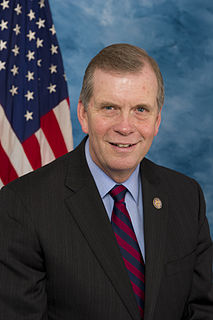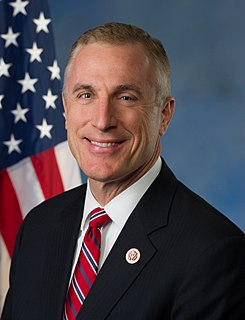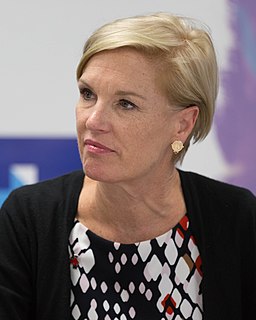A Quote by Jan Schakowsky
Community health centers do a great deal with limited resources. They provide critical medical care services to many who would otherwise have no other place to go or would end up in an emergency room.
Related Quotes
At Planned Parenthood, we see the impact of abortion stigma firsthand, in the women who delay getting reproductive health care because they fear they’ll be labeled and judged. We see the effect of stigma on doctors, health center staffers, and others who help provide abortion services. And we see the impact in laws that regulate and restrict abortion in ways that would never happen with any other medical procedure.
On the local, state and federal level, government is working alongside veteran's organizations and other stakeholders to provide services such as medical assistance, employment resources, and housing support to veterans and their dependents and survivors. But there are still gaps in services that must be rectified.
I found that quiet place in my home that is my place of refuge. I don't care if you got kids or if you are married. You got to find that one place that is your everybody-off-limit place: unless this place is on fire, or you need to go to the emergency room, don't disturb me. You can go to this place and cleanse, meditate, let God speak to you.






























